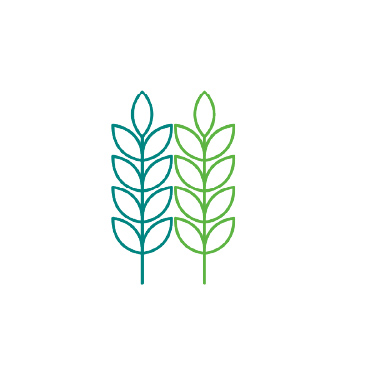What Makes Coffee “Sustainable”? A Guide for the Curious Coffee Drinkers
- Friends of Sustainable Agriculture

- Nov 17, 2025
- 3 min read
If you care about the planet but don’t spend your days on a farm, “sustainable coffee” can sound abstract—like a nice idea printed on a bag. Here’s the simple version: sustainable coffee protects forests and water, restores the soil, treats people fairly, and stays profitable for the farmers who grow it. It’s not a buzzword; it’s a set of practices and proof points that add up to resilience. Below is a quick, approachable tour—grounded in stories and guidance from our sister organization, the Sustainable Agriculture Network (SAN)—so your next cup can feel as good as it tastes.

Start with the people behind your cup
Sustainability is ultimately human. Farmers are the engine that makes better agriculture possible—and awareness is the first step for all of us. When we look beyond a label and ask “Who am I supporting with this choice?”, we connect our coffee to soil health, water quality, pollinators, fair labor, and the long-term viability of rural communities.
That awareness moment leads to concrete actions: choosing seasonal, transparent products; supporting businesses that name their growers; and asking simple sourcing questions at stores and cafés. Small doubts add up to bigger questions that help farmers adopt better practices.

What sustainable coffee farming actually looks like
On the ground, many of the best practices are practical, low-tech, and farmer-led:
Healthy soils, fewer chemicals. In Costa Rica, SAN worked with the Coopedota cooperative to host farmer-to-farmer trainings on organic composting and “mountain microorganisms,” which help plants access nutrients naturally. One producer shared how his farm had thrived for more than 20 years without herbicides by focusing on soil and biodiversity conservation. Trainings also covered spray-efficiency techniques (like using water-sensitive paper) to minimize drift and keep nearby forests and water sources safe.
Agroforestry and diversity. Practices like integrating shade trees, cover crops, and hedgerows help coffee plants handle heat and drought, create wildlife habitat, and stabilize yields. These aren’t just theory; they’re tools farmers adapt and pass along in peer networks when they have good information and fair market incentives.

Integrated Pest Management (IPM). Rather than defaulting to broad pesticide use, IPM combines monitoring, biological controls, and targeted interventions so pests are managed with the least environmental and human impact.
Safety and dignity on the farm. Sustainability includes people’s well-being. As part of the Costa Rica trainings, women smallholders in the Coopedota network gathered for workshops on proper protective equipment and on farm finances—because profitability and safety are part of real sustainability.
If you’re picturing a community classroom more than a corporate manual, you’ve got it right. Through “farmers teaching farmers” schemes, new practices stick because they’re tested in the same hills, soils, and seasons.

The benefits—felt in the cup and beyond
When these pieces come together—healthy soils, smart pest management, shade trees, safe working conditions, and traceability—you get more than a warm glow. You get:
Resilient farms. Soils that hold water in drought and drain during storms; trees that buffer heat; diversified income streams that reduce risk.
Cleaner ecosystems. Less erosion, better water quality, and habitat stitched through coffee landscapes.
Stronger communities. Fairer labor conditions, better financial literacy, and peer networks that share what works.
Better coffee. Quality often rises alongside sustainability, because careful farming and processing translate to flavor—and traceability can help farmers capture that value.

Sustainable coffee isn’t a mystery. It’s farmers sharing practical know-how, communities protecting forests and water, and supply chains that can back up their claims. When you bring a little awareness to your daily cup—by asking questions, choosing transparent brands, and supporting farmer-centered efforts—you help make that future real, one brew at a time.
Friends of Sustainable Agriculture is the sister organization of the Sustainable Agriculture Network (SAN). SAN works with the food and fiber sectors globally, to support transparent supply chains and the quality of the products that reach our homes. We support them because there are many things that are common to us that are not grown in the United States. If you want to read more pieces like this one, subscribe to our newsletter here.


Comments